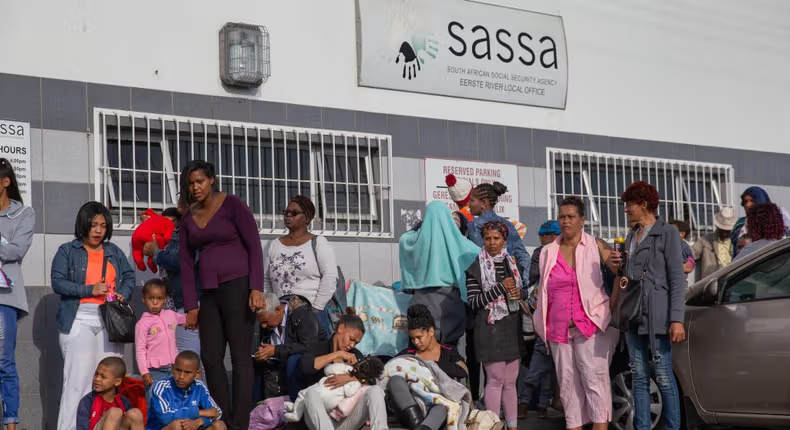South Africa’s government has earmarked around R267 billion for social grants, aiming to support over 19 million beneficiaries by providing cash assistance to vulnerable groups including children, the elderly, the disabled, and caregivers.
The funding covers a broad array of relief efforts meant to alleviate poverty and bolster economic resilience. Among them is the Special Relief of Distress grant which helps unemployed citizens who do not receive other forms of support. The state is also moving toward reforms that include rolling out a proposed basic income support program.
Officials say many recipients will receive their benefits directly into bank accounts as part of efforts to improve financial inclusion and reduce reliance on cash payments. The shift is also designed to speed up disbursements and increase transparency in how funds are managed and accessed.
Despite the heavy allocation, challenges remain. Inflation and rising cost of living are squeezing grant recipients, making even the increased amounts difficult to stretch. There are also concerns about administrative bottlenecks, delays in payments, and whether the existing grants or proposed replacements will fully meet people’s needs.
The large scale of this social spending is seen as an essential lifeline for millions, but also raises tough questions about long-term sustainability and whether further reforms or new funding sources will be required to maintain or expand assistance.


